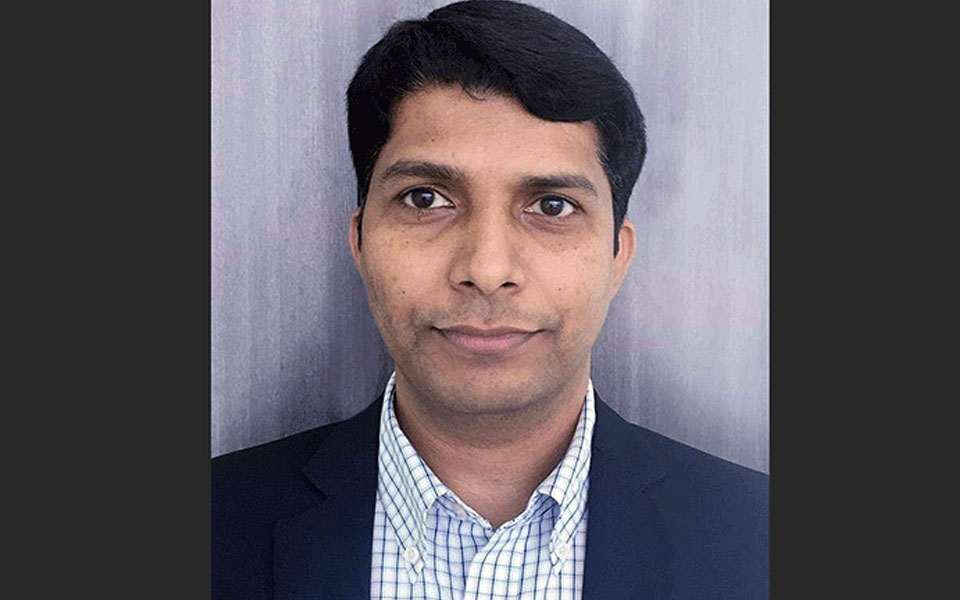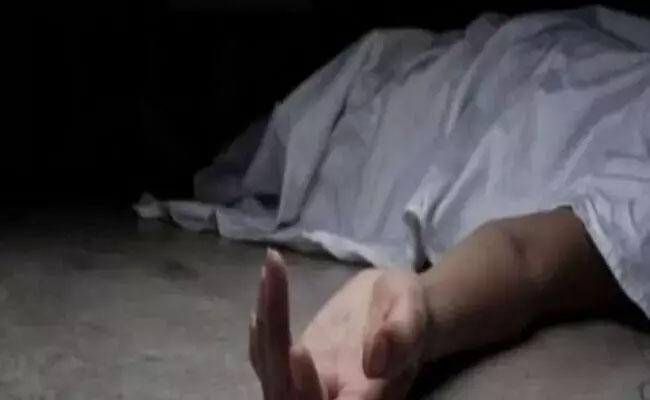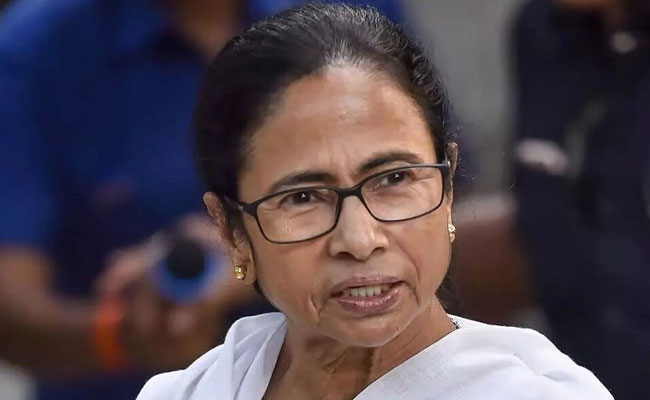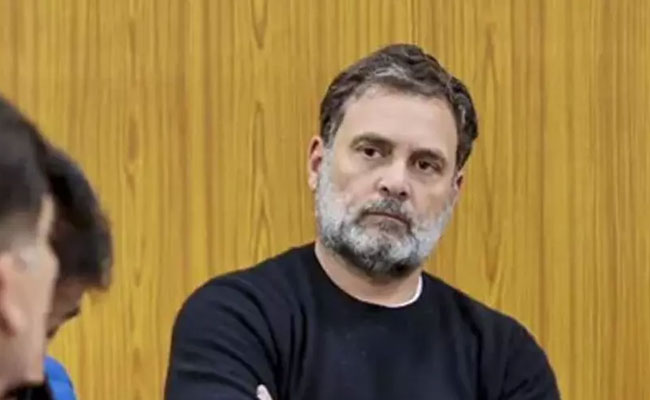UAE, December 2: Mohammed Haneef, son of Balleri Abbas Haji of Aryapu village near Puttur brought laurels to the coastal district by winning ‘Dear Big Ticket’ contest organized by the Abu Dhabi Duty Free and Asianet.
Haneef Puttur is working as a software engineer at the Muhammad bin Rashid Space Centre Lab of the Dubai University and UAE zonal head of the Mangaluru M Friends.
Dear Big Ticket company has organized a contest ‘Will Fulfill Your Dream’ in last September and Haneef has applied for the contest expressing his desire to start mobile computer bus for the poor students in rural areas. According to his proposal, each mobile bus would cost Rs 2 crore as it would have highly advanced technology and take them to the schools in rural areas and teach computer.
More than 8000 persons from different countries, but settled in UAE, participated in the contest. Among them, the Dear Big Ticket company has selected only 20 persons who have big dreams and project and uploaded their names in its website and invited voting. Among top 20
contestants, Haneef also got the place. Total 1,30,000 persons have voted through online and among them top 5 contestants were selected and assured of fulfilling their dreams. Interestingly, Haneef Puttur is one among five winners.
Haneef has got highest online votes and his project was liked by the company. One of the Dear Big Ticket company directors Richard announced the result of Haneef. But it was not disclosed how much amount the company would give for the project. It is expected that the result would be disclosed within a week.
Along with Haneef, Alan Rexy Portus of Philippines, Suvarna Sanal Kumar of India, Raul Garcia of Philippines and Sara Khalid of Kenya who is in Sharjah selected in the contest.
Let the Truth be known. If you read VB and like VB, please be a VB Supporter and Help us deliver the Truth to one and all.
Medininagar (PTI): A couple and their 18-year-old son were allegedly hacked to death over suspicion of practising witchcraft in Jharkhand's Palamu, police said on Sunday.
Their minor daughter was also injured in the attack late on Saturday, a police officer said.
The bodies were recovered from their house on Sunday in Panki police station area, he said.
“Initial investigation suggests that the case is related to witchcraft suspicion,” Manoj Kumar Jha, Sub-Divisional Police Officer (SDPO) of Lesliganj told PTI.
A manhunt is on to nab the culprits, Jha said.
The girl suffered severe injuries and has been admitted to a government hospital, he said.
The deceased have been identified as Vijay Bhuiyan (45), his wife Kalia Devi (40), and their son Chotu Bhuiyan.
The bodies have been sent to Medinirai Medical College and Hospital (MMCH) for post-mortem examination.





